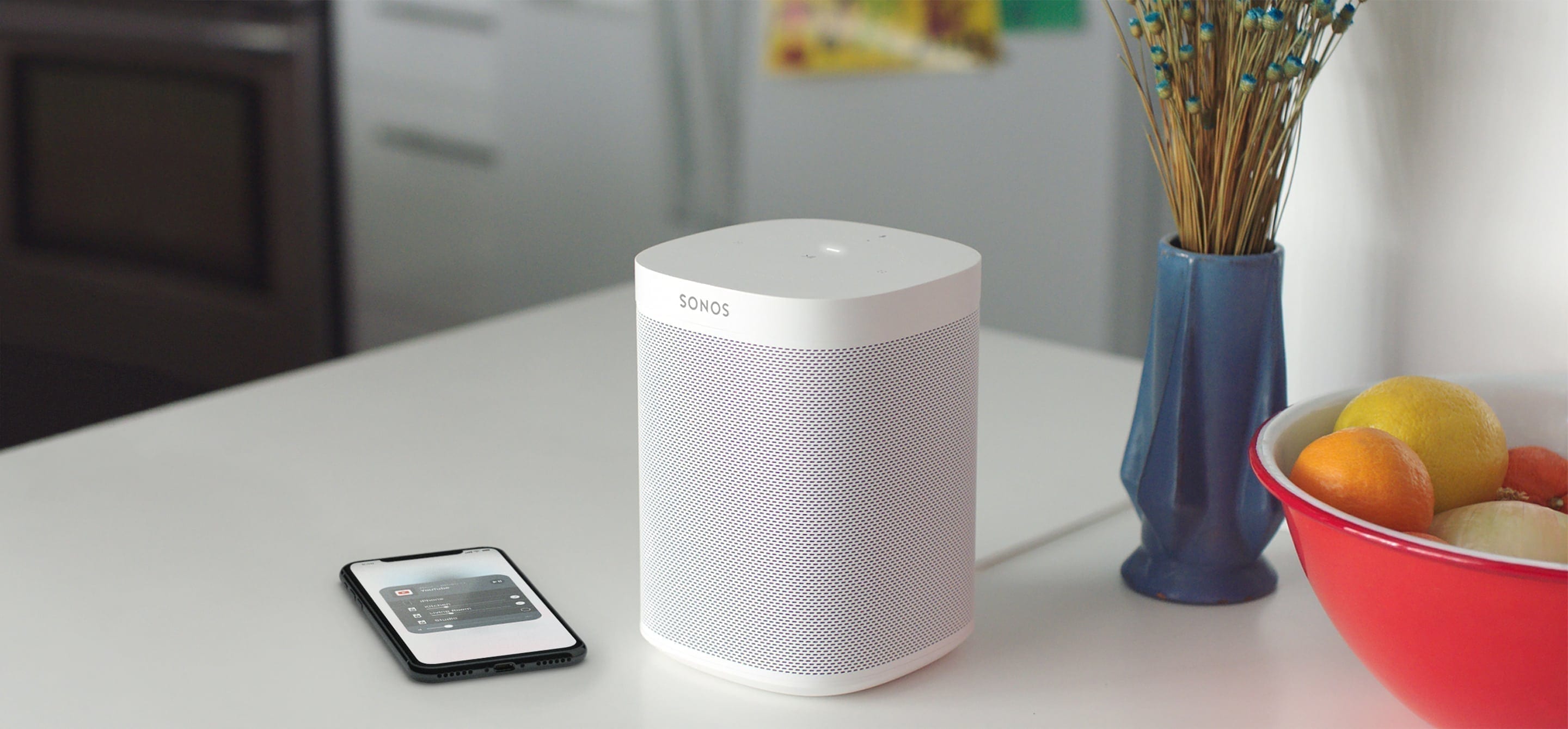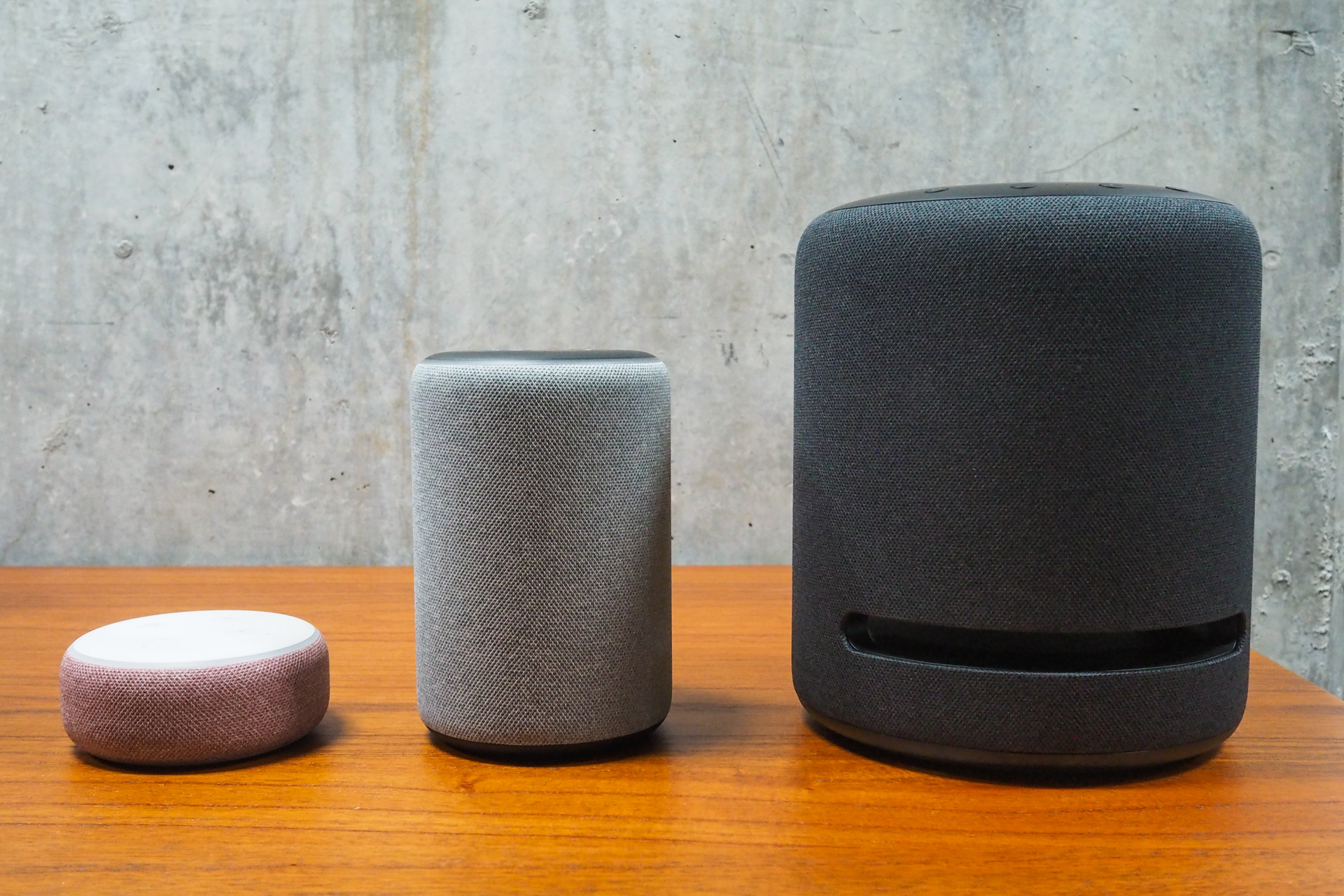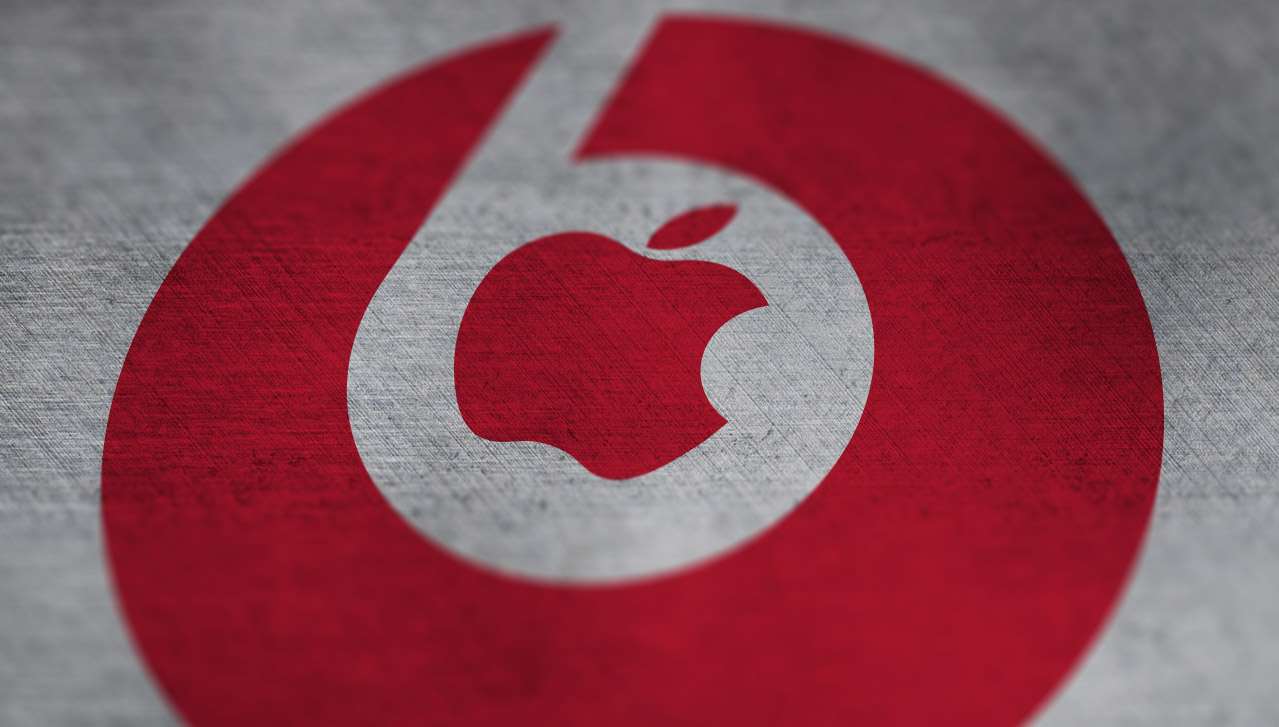It’s been a busy couple of months for smart speakers — Amazon released a bunch just this week, including updated versions of its existing Echo hardware and a new Echo Studio with premium sound. Sonos also introduced its first portable speaker with Bluetooth support, the Sonos Move, and in August launched its collaboration collection with Ikea. Meanwhile, Apple didn’t say anything about the HomePod at its latest big product event — an omission that makes it all the more obvious the smart move would be for Apple to acquire a company that knows what they’re doing in this category: Sonos.
Highly aligned
From an outsider perspective, it’s hard to find two companies that seem more philosophically aligned than Sonos and Apple when it comes to product design and business model. Both are clearly focused on delivering premium hardware (at a price point that’s generally at the higher end of the mass market) and both use services to augment and complement the appeal of their hardware, even if Apple’s been shifting that mix a bit with a fast-growing services business.
Sonos, like Apple, clearly has a strong focus and deep investment in industrial design, and puts a lot of effort into truly distinctive product look and feel that stands out from the crowd — and is instantly identifiable once you know what to look for. Even the company’s preference for a mostly black and white palette feels distinctly Apple — at least Apple leading up to the prior renaissance of multi-color palettes for some of its more popular devices, including the iPhone.
 From a technical perspective, Apple and Sonos seem keen to work together — and the results of their collaboration has been great for consumers who use both ecosystems. AirPlay 2 support is effectively standard on all modern Sonos hardware, and really Sonos is essentially the default choice already for anyone looking to do AirPlay 2-based multiform audio, thanks to the wide range of options available in different form factors and at different price points. Sonos and Apple also offer an Apple Music integration for Sonos’ controller app, and now you can use voice control via Alexa to play Apple Music, too.
From a technical perspective, Apple and Sonos seem keen to work together — and the results of their collaboration has been great for consumers who use both ecosystems. AirPlay 2 support is effectively standard on all modern Sonos hardware, and really Sonos is essentially the default choice already for anyone looking to do AirPlay 2-based multiform audio, thanks to the wide range of options available in different form factors and at different price points. Sonos and Apple also offer an Apple Music integration for Sonos’ controller app, and now you can use voice control via Alexa to play Apple Music, too.
Competitive moves
The main issue that an Apple-owned Sonos hasn’t made much sense before now, at least from Sonos’ perspective, is that the speaker maker has reaped the benefits of being a platform that plays nice with all the major streaming service providers and virtual assistants. Recent Sonos speakers offer both Amazon Alexa and Google Assistant support, for instance, and Sonos’ software has connections with virtually every major music and audio streaming service available.
What’s changed, especially in light of Amazon’s slew of announcements this week, is that competitors like Amazon are looking more like they want to own more of the business that currently falls within Sonos’ domain. Amazon’s Echo Studio is a new premium speaker that directly competes with Sonos in a way that previous Echos really haven’t, and the company has consistently been releasing better-sounding versions of its other, more affordable Echos. It’s also been rolling out more feature-rich multi-room audio features, including wireless surround support for home theater use — all things squarely in the Sonos wheelhouse.
For now, Sonos and Amazon seem to be comfortably in “frenemy” territory, but increasingly, it doesn’t seem like Amazon is content to leave them their higher-end market segment when it comes to the speaker hardware category. Amazon still probably will do whatever it can to maximize use of Alexa, on both its own and third-party devices, but it also seems to be intent on strengthening and expanding its own first-party device lineup, with speakers as low-hanging fruit.
Other competitors, including Google and Apple, don’t seem to have had as much success with their products that line up as direct competitors to Sonos, but the speaker-maker also faces perennial challenges from hi-fi and audio industry stalwarts, and also seems likely to go up against newer device makers with audio ambitions and clear cost advantages, like Anker.
Missing ingredients/work to be done
Of course, there are some big challenges and potential red flags that stand in the way of Apple ever buying Sonos, or of that resulting union working out well for consumers. Sonos works so well because it’s service-agnostic, for instance, and the key to its success with recent products seems to also be integration with the smart home assistants that people seem to actually want to use most — namely Alexa and Google Assistant.
Under Apple ownership, it’s highly possible that Apple Music would at least get preferential treatment, if not become the lone streaming service on offer. It’s probable that Siri would replace Alexa and Assistant as the only virtual voice service available, and almost unthinkable that Apple would continue to support competing services if it did make this buy.
That said, there’s probably significant overlap between Apple and Sonos customers already, and as long as there was some service flexibility (in the same way there is for streaming competitors on iOS devices, including Spotify), then being locked into Siri probably wouldn’t sting as much. And it would serve to give Siri the foothold at home that the HomePod hasn’t managed to provide. Apple would also be better incentivized to work on improving Siri’s performance as a general home-based assistant, which would ultimately be good for Apple ecosystem customers.
Another smart adjacency
Apple’s bigger acquisitions are few and far between, but the ones it does make are typically obviously adjacent to its core business. A Sonos acquisition has a pretty strong precedent in the Beats purchase Apple made in 2014, albeit without the strong motivator of providing the underlying product and relationship basis for launching a streaming service.
What Sonos is, however, is an inversion of the historical Apple model of using great services to sell hardware. The Sonos ecosystem is a great, easy to use, premium-feel means of making the most of Apple’s music and video streaming services (and brand new games subscription offering), all of which are more important than ever to the company as it diversifies from its monolithic iPhone business.
I’m hardly the first to suggest an Apple-Sonos deal makes sense: J.P. Morgan analyst Samik Chatterjee suggested it earlier this year, in fact. From my perspective, however, the timing has never been better for this acquisition to take place, and the motivations never stronger for either party involved.
Disclosure: I worked briefly for Apple in its communications department in 2015-2016, but the above analysis is based entirely on publicly available information, and I hold no stock in either company.



Recent Comments